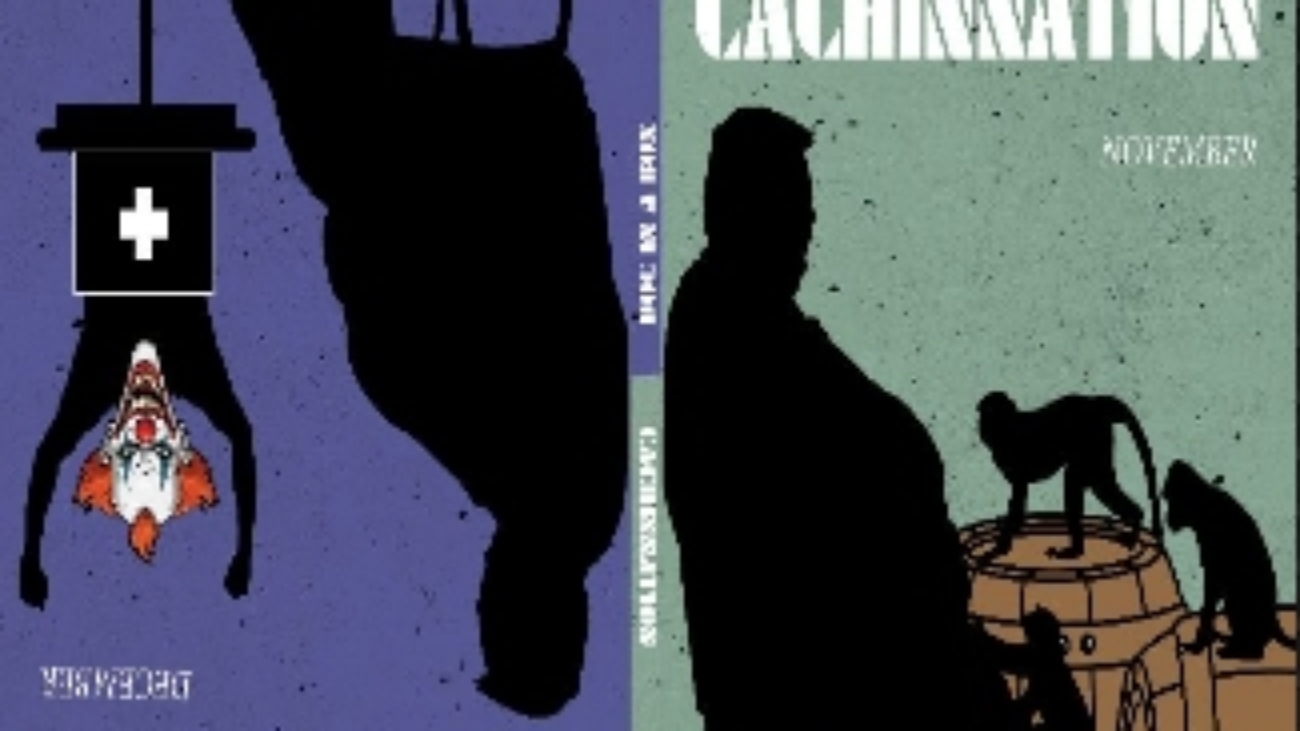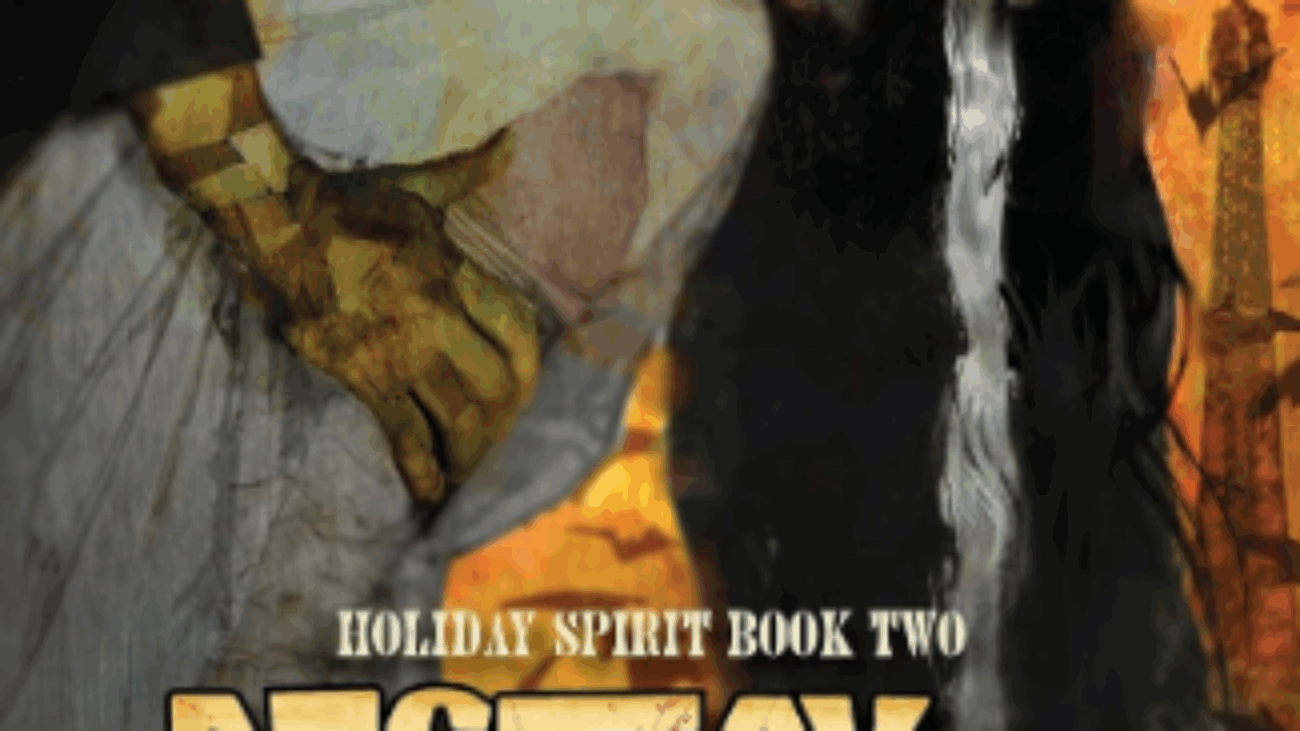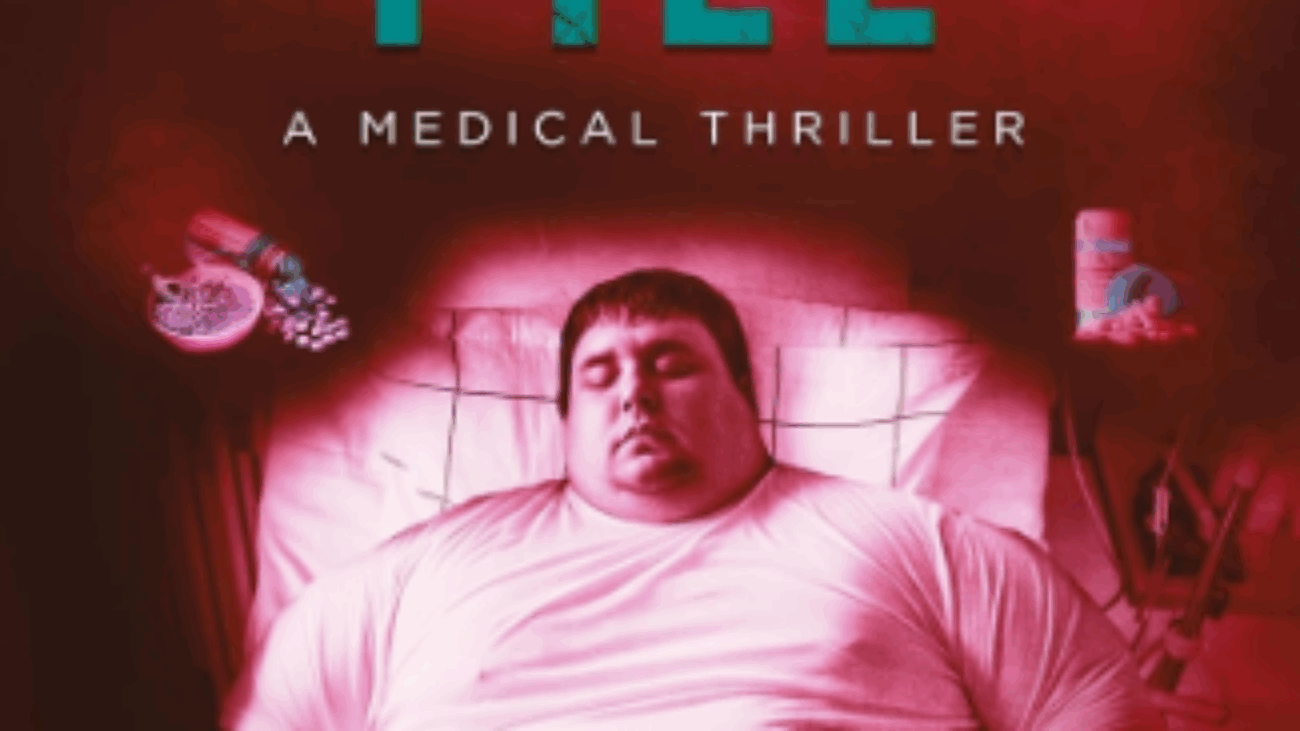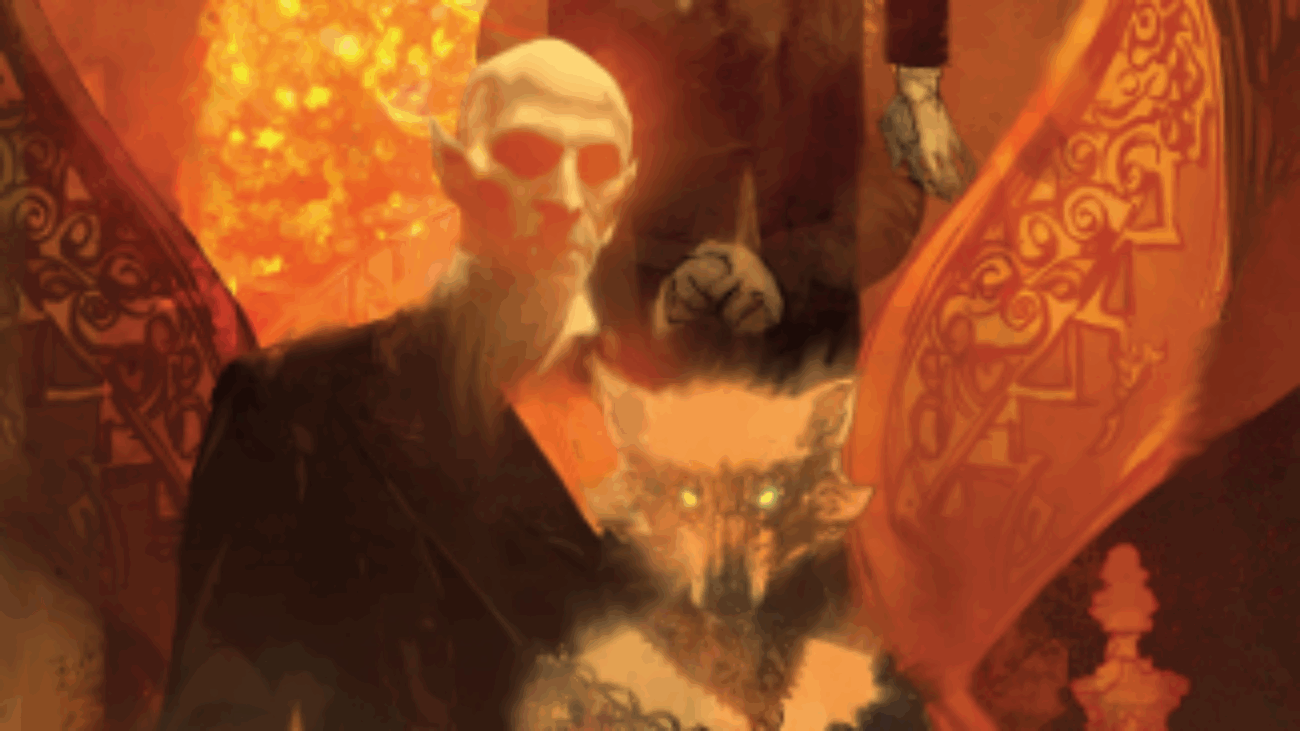Reviewed by Christine Kinori
Holiday Spirit by John DeGuire is probably one of the coolest holiday-themed horror novels I have ever read. John DeGuire takes us to a world where old classic monsters are reimagined. Forget everything you have read about the monsters under your bed. This visceral, bold genre-blending exploration, which sees legendary 19th-century gothic villains such as The Invisible Man, Count Dracula, and Frankenstein’s monster come together, is a must-read! Purchase Here.
The book is set in Killington, a quiet town in Vermont. One Halloween changes everything and awakens an old, vengeful witch. The town falls into paranoia as more strange things continue to happen. As they seek answers, the townsfolk put the blame on innocent monsters. Logic be damned, as the panic escalates once the children start going missing.
This is when three unlikely monsters step to the plate to protect the town from itself and the darkness within. Among them is Saul, Frankenstein’s patchwork EMS captain. Saul is a selfless and kind man who has dedicated his life to saving lives. Then there is Count Dracula, the wise and empathetic leader of the group. DeGuire skillfully reimagines this iconic monster, traditionally viewed as a villain. In this book, he is the voice of reason, a devoted protector, and husband. Oh, and in this version, he is married to a werewolf, Aoife. She is a fearless alpha werewolf, loyal and cunning when necessary. She is pretty much the glue of the group.
Together, the group tries to bring down Bridgett Bishop. A victim of circumstances, Bishop has suffered a lot of abuse and prejudice from the townspeople because she is a witch. Over time, the grudge festers, turning into the desire for vengeance. The Halloween prank gone wrong launches her into her villain era. They say hell hath no fury as a woman scorned, but by the end of the book, you will realize that hell hath no fury like a witch scorned!
The coolest thing about this story is that John DeGuire reinterprets classic monsters, humanizes them, and gives them a heroic arc. He expertly executes the subversion of classic tropes, offering a refreshing perspective.
The genre-defying writing style also sticks out in this book. The novel starts with a whimsical warmth as the town prepares for Halloween; however, the tone perfectly shifts as we slowly descend into the adult horror elements of the book.
Thanks to DeGuire’s medical background, the scientific aspects, such as the clinical phobias, feel real and at times gross. He also leans into his medical background to create Saul and Doctor Ralph’s characters. This gives the book a touch of psychological realism and authenticity, which most readers will appreciate.
Readers will also enjoy how DeGuire blends horror with humor and creates the perfect atmosphere for the story. He doesn’t use the environment as a simple background. He seamlessly incorporates it into the story and delves into the emotional weight it brings to the characters. From the thematic complexities to the theological allegories and his eloquence, DeGuire’s writing style stands out for its intellectual depth.
Ultimately, the real message of the book is not lost on us. It is a book about prejudice and the dangers it brings. It serves as a reminder that the real monsters are not hidden but in plain sight. That the true nature of a human’s heart is deceptive.
It is also a story about the power of found family. The people who see the best in us and remain loyal even when the world turns against us. It is a story of a tight-knit group of outcasts who find it in their hearts to help those who judged them for their outward appearances. Given all the bias and profiling currently going on in the world, the relevance of this book is evident.
Holiday Spirit is a plea for empathy and a bloody reminder that we need to find the holiday spirit every day, and not only on Christmas. It is a mirror challenging society to not let us be defined by our differences and illogical fear of the unknown, but by our unity.









